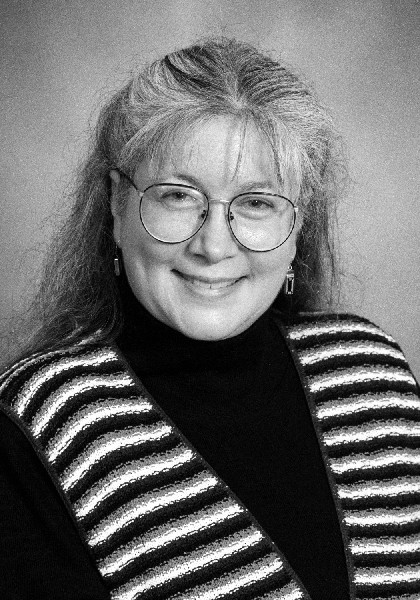Poststructuralism is most often associated with a rejection, or at least a critique, of humanist logic and aspirations. It therefore involves a rethinking of concepts such as ‘meaning’, ‘truth’, ‘subjectivity’, freedom’, ‘power’, and so on. Poststructuralist theorists such as Foucault argue that there are no objective and universal truths, but that particular forms of knowledge, and the ways of being they engender, become ‘naturalised’, in culturally and historically specific ways. For example, Judith Butler and Monique Wittig argue (in slightly different ways) that heterosexuality is a complex matrix of discourses, institutions, and so on, that has become normalised in our culture, thus making particular relationships, lifestyles, and identities, seem natural, ahistorical, and universal. In short, heterosexuality, as it is currently understood and experienced, is a (historically and culturally specific) truth-effect of systems of power/knowledge. Given this, its dominant position and current configuration are contestable and open to change.
—Nikki Sullivan, Queer Theory (39)
Required Readings
Sullivan, Ch. 3 “Queer: A Question of Being or A Question of Doing?” (37-56)
Wilchins Queer Theory, Ch. 7 “All Together Now: Intersex Infants and IGM” (71-82), http://en.wikipedia.org/wiki/Cheryl_Chase_(activist), http://www.isna.org/,
http://www.bodieslikeours.org/forums (this site has replaced the one listed in the text)
Wilchins Queer Theory, Ch. 8 “Can Sex Have Opposites?” (83-95)
Graduate Readings: Morland and Willox, Queer Theory, General Editor’s Preface, Introduction; Hegarty and Chase, “Intersex Activism, Feminism and Psychology” (70-80) [on Moodle2]
Additional Resources
Film: But I’m a Cheerleader (Jamie Babbit 1999), trailer, clips
Due This Week
- Ten key Terms or concepts in readings
- Two LGBTQIA representations
- Two LGBTQIA issues
- Queer Theory Week 6 Questions on Readings
- Presentation of representations and issues
- Graduate Paper Proposal (5050)
